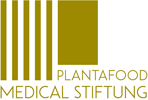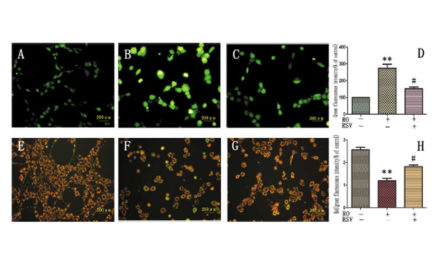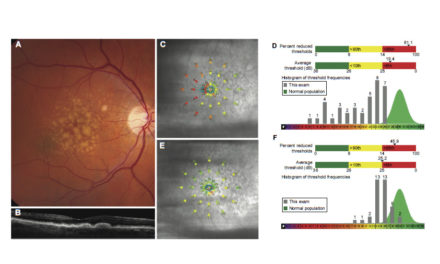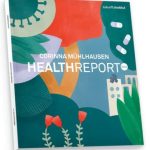Potential Adverse Effects of Resveratrol: A Literature Review
Abdullah Shaito 1 , Anna Maria Posadino 2, Nadin Younes 3, Hiba Hasan 4 , Sarah Halabi 5, Dalal Alhababi 3, Anjud Al-Mohannadi 3, Wael M Abdel-Rahman 6 , Ali H. Eid 7,*, Gheyath K. Nasrallah 3,* and Gianfranco Pintus 6,2,*
1 Department of Biological and Chemical Sciences, Lebanese International University, 1105 Beirut, Lebanon; abdallah.shaito@liu.edu.lb
2 Department of Biomedical Sciences, University of Sassari, 07100 Sassari, Italy; posadino@uniss.it
3 Department of Biomedical Science, College of Health Sciences, and Biomedical Research Center Qatar University, P.O Box 2713 Doha, Qatar; ny1204022@student.qu.edu.qa (N.Y.); Dalhababi@hmc.org.qa (D.A.); aalmohannadi2@sidra.org (A.A.-M.)
4 Institute of Anatomy and Cell Biology, Justus-Liebig-University Giessen, 35392 Giessen, Germany; hibahasan145@gmail.com
5 Biology Department, Faculty of Arts and Sciences, American University of Beirut, 1105 Beirut, Lebanon; sarahhalabi5@gmail.com
6 Department of Medical Laboratory Sciences, College of Health Sciences and Sharjah Institute for Medical Research, University of Sharjah, Sharjah P.O Box: 27272, United Arab Emirates; whassan@sharjah.ac.ae
7 Department of Pharmacology and Toxicology, Faculty of Medicine, American University of Beirut, P.O. Box 11-0236 Beirut, Lebanon
* Correspondence: ae81@aub.edu.lb (A.H.E.); gheyath.nasrallah@qu.edu.qa (G.K.N.); gpintus@sharjah.ac.ae (G.P.)
Received: 13 December 2019; Accepted: 15 March 2020; Published: 18 March 2020
Abstract
Due to its health benefits, resveratrol (RE) is one of the most researched natural polyphenols. Resveratrol’s health benefits were first highlighted in the early 1990s in the French paradox study, which opened extensive research activity into this compound. Ever since, several pharmacological activities including antioxidant, anti-aging, anti-inflammatory, anti-cancerous, anti-diabetic, cardioprotective, and neuroprotective properties, were attributed to RE. However, results from the available human clinical trials were controversial concerning the protective effects of RE against diseases and their sequelae. The reason for these conflicting findings is varied but differences in the characteristics of the enrolled patients, RE doses used, and duration of RE supplementation were proposed, at least in part, as possible causes. In particular, the optimal RE dosage capable of maximizing its health benefits without raising toxicity issues remains an area of extensive research. In this context, while there is a consistent body of literature on the protective effects of RE against diseases, there are relatively few reports investigating its possible toxicity. Indeed, toxicity and adverse effects were reported following consumption of RE; therefore, extensive future studies on the long-term effects, as well as the in vivo adverse effects, of RE supplementation in humans are needed. Furthermore, data on the interactions of RE when combined with other therapies are still lacking, as well as results related to its absorption and bioavailability in the human body. In this review, we collect and summarize the available literature about RE toxicity and side effects. In this process, we analyze in vitro and in vivo studies that have addressed this stilbenoid. These studies suggest that RE still has an unexplored side. Finally, we discuss the new delivery methods that are being employed to overcome the low bioavailability of RE.
Keywords
resveratrol; biphasic; anticancer; reactive oxygen species (ROS); oxidative DNA damage; antioxidant effects; pro-oxidant effects









